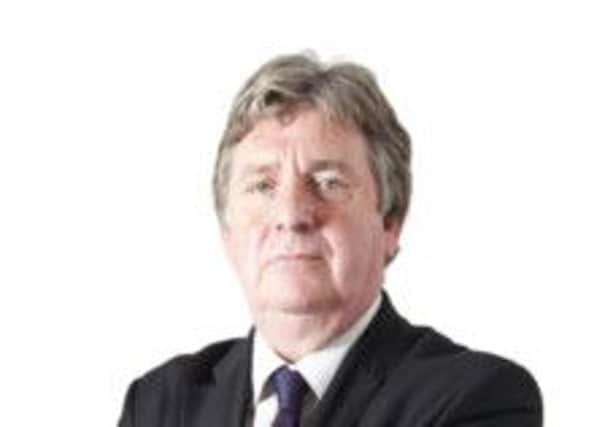COMMENT: Tesco CEO checks out | RBS hit down under


But, just as Ferguson is seen as having papered over the growing team personnel cracks at United through sheer force of personality and managerial ability, Leahy also did not leave Clarke an unblemished Tesco. Not least the £1 billion debacle of the group’s US expansion with the Fresh & Easy brand that Leahy’s successor had to draw a line under, even if in a somewhat dilatory fashion.
And, just as doubts surfaced about whether Moyes was a big enough personality to handle one of the biggest football jobs in the world as results worsened, so City doubts grew about whether Clarke was visionary and dynamic enough to pull a retail supertanker like Tesco around from its tarnished performance in recent years.
Advertisement
Hide AdAdvertisement
Hide AdThere was even the similar Moyes analogy of the Tesco “club” board backing Clarke publicly, while it was clear to many as profit warnings flowed and City doubts hardened that the boss in corporate terms veered towards dead man walking.
Perhaps there was something of Clarke being an unlucky general. He was fighting on several fronts, not least the most competitive food retailing price promotion climate in a decade.
An even more badly mauled Morrisons laid down the most obvious challenge in the supermarket sector, with £1bn of price cuts promised over three years. Clarke responded, with £200 million of promotions and more promised. The problem is that price promotions may drive lower-value sales but do nothing to repair profitability short term.
Tesco was also squeezed by the discounters Aldi and Lidl at one end of the grocery market and Waitrose and Marks & Spencer at the higher end.
Meanwhile, Clarke was overseeing a major Tesco store refurbishment programme, which at the time of his departure is a case of much done, much still to do.
In the midst of this, his signature was firmly on making the company a bit more touchy-feely, bringing in brands such as the Harris & Hoole coffee shops and Giraffe cafeterias to the main stores. Sometimes the strategy seemed a tad ethereal.
Those who know him well say the boss also became obsessed with people shopping from their mobiles or tablets, and the need for that to be addressed. It seemed a lot to be going on all at once, also not helped by the affable Clarke sometimes seeming to strain into Ricky Gervais and The Office territory in wanting customers to “love” Tesco again.
His successor, Unilever executive Dave Lewis, is faced with a tall order in turning the group around. But perhaps the new man will have the benefit of a solid City reputation and a fresh pair of eyes from outside the Tesco culture, which was stunningly successful in the 1990s and early Noughties but now looks weather-beaten.
More interbank lending rate woe for RBS
Advertisement
Hide AdAdvertisement
Hide AdThe censure of Royal Bank of Scotland by Australian regulators for some of its traders trying to manipulate that country’s inter-bank lending rate is negligible in financial terms but unwelcome in PR terms, nevertheless.